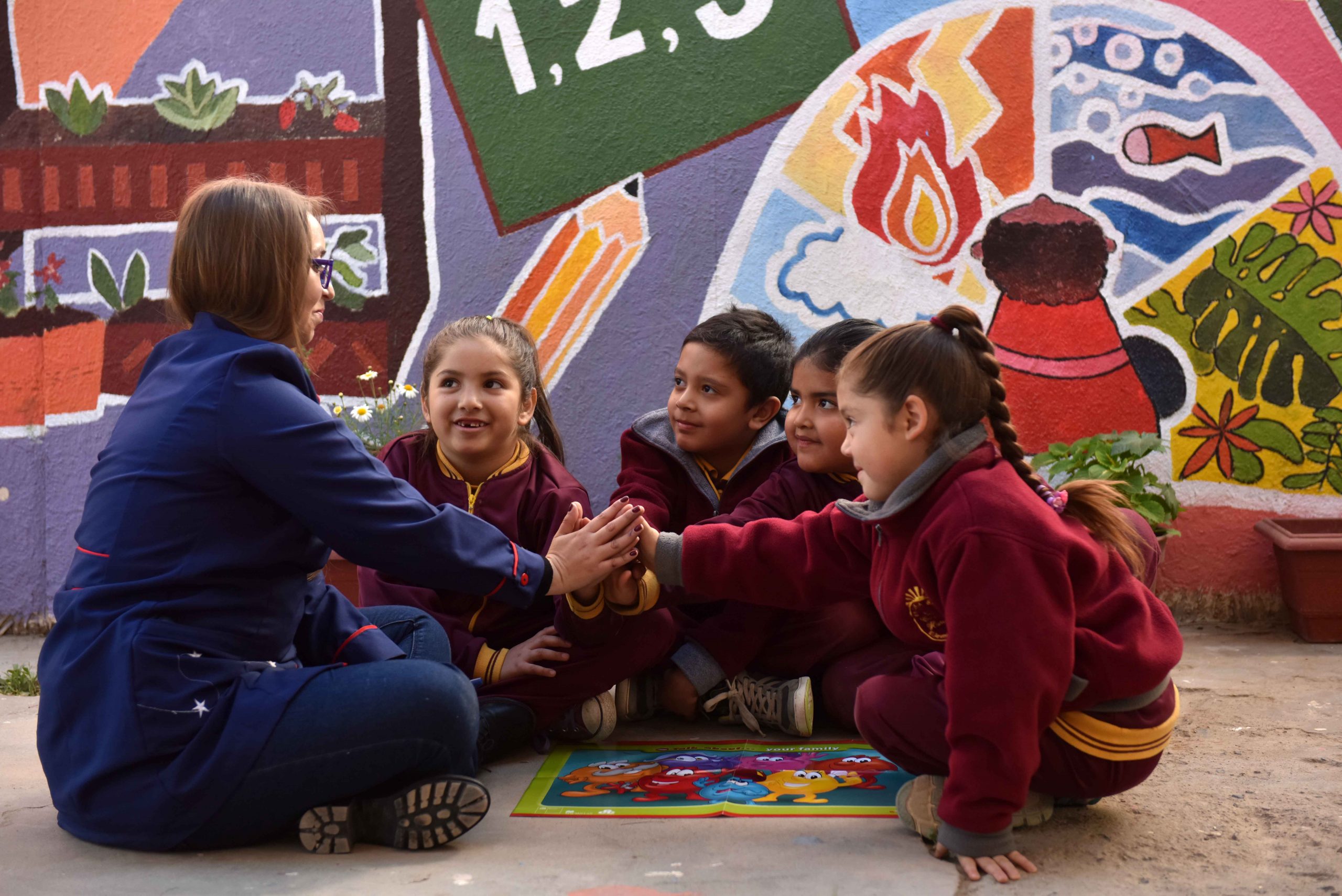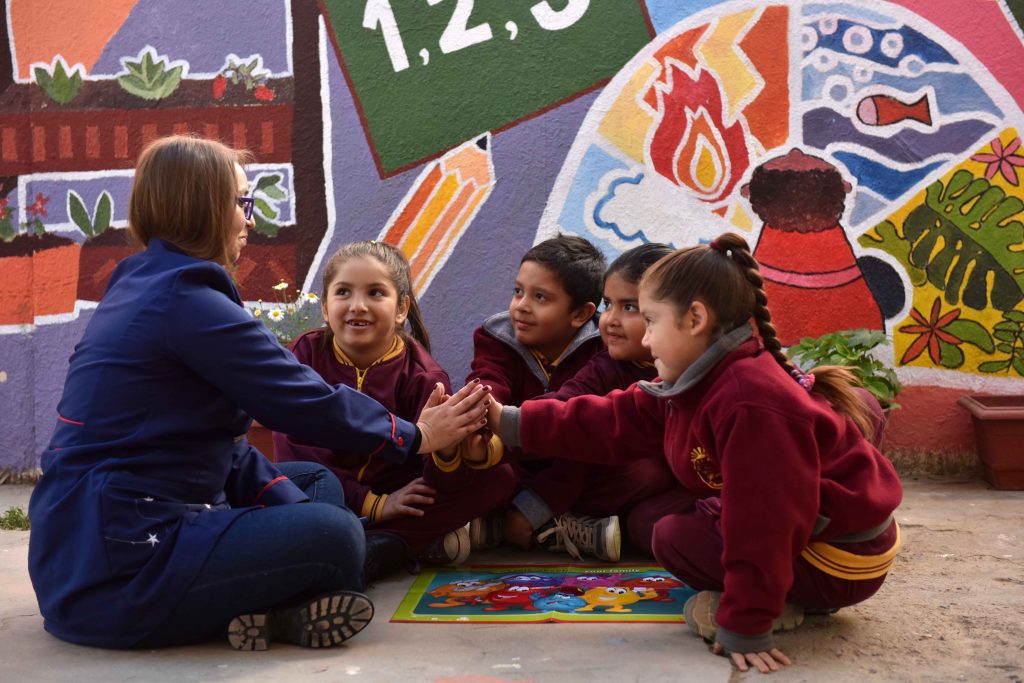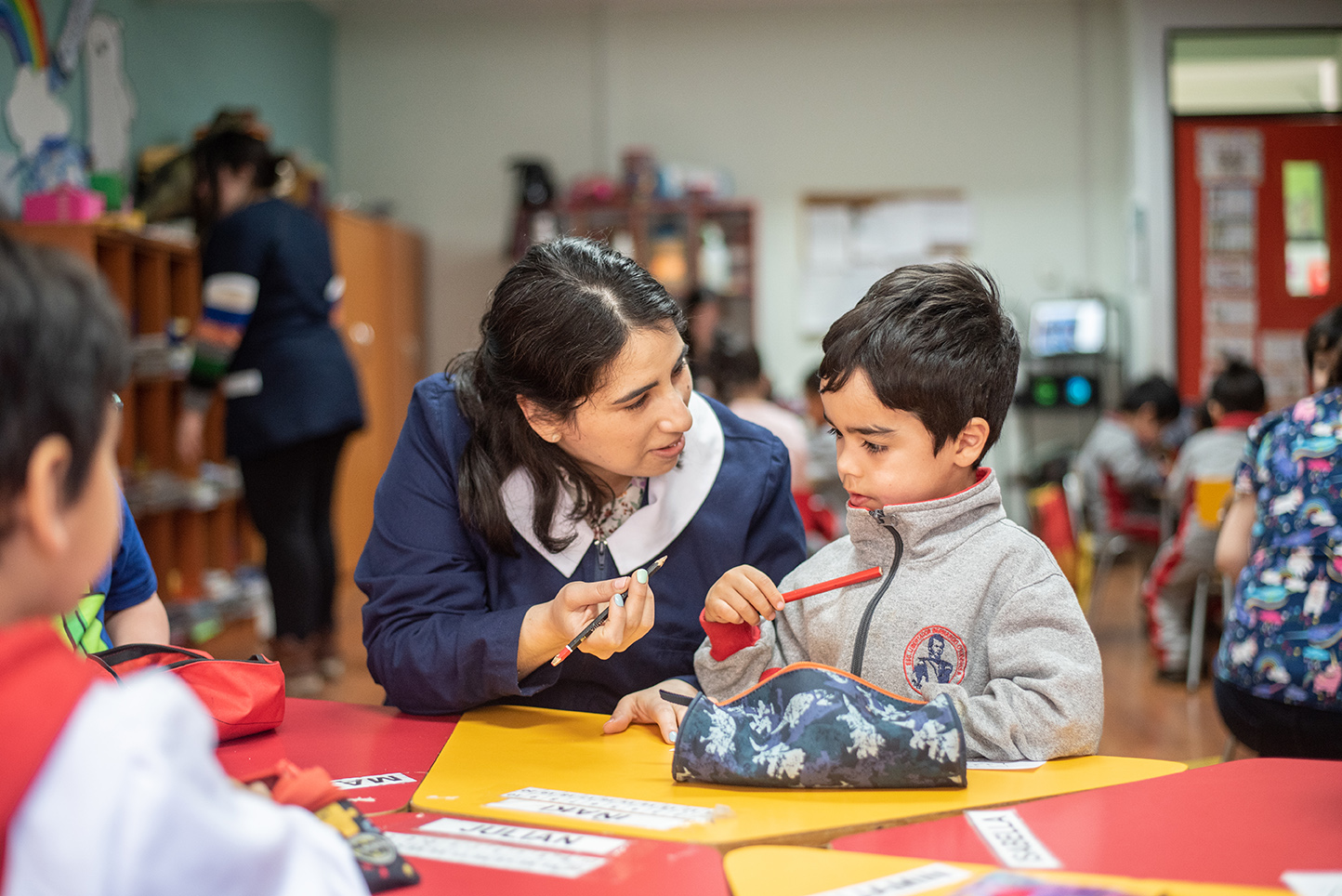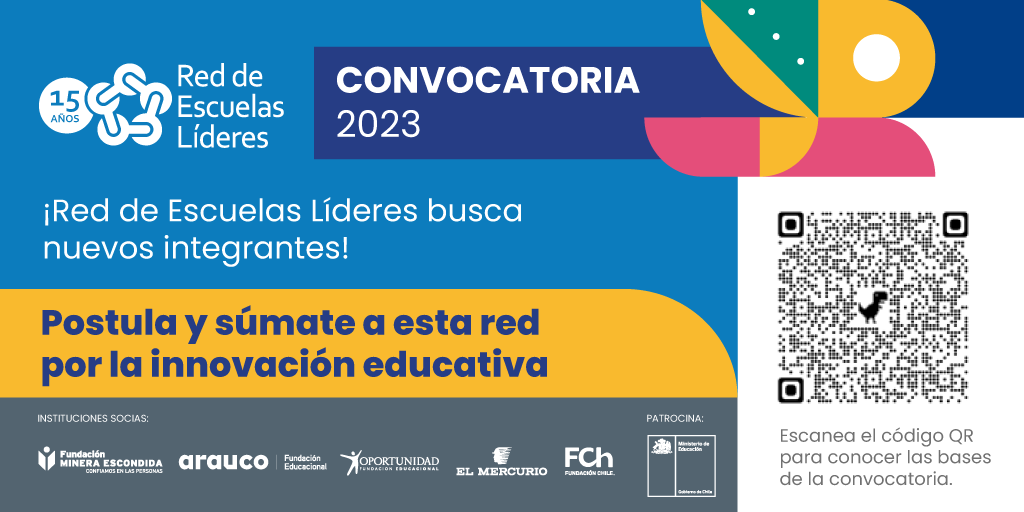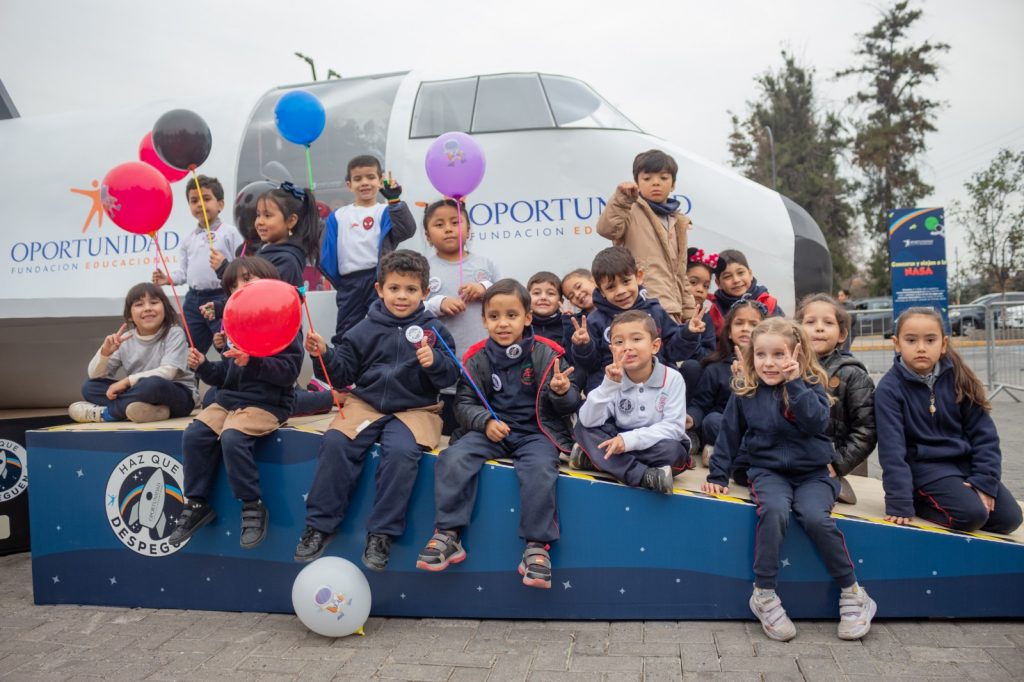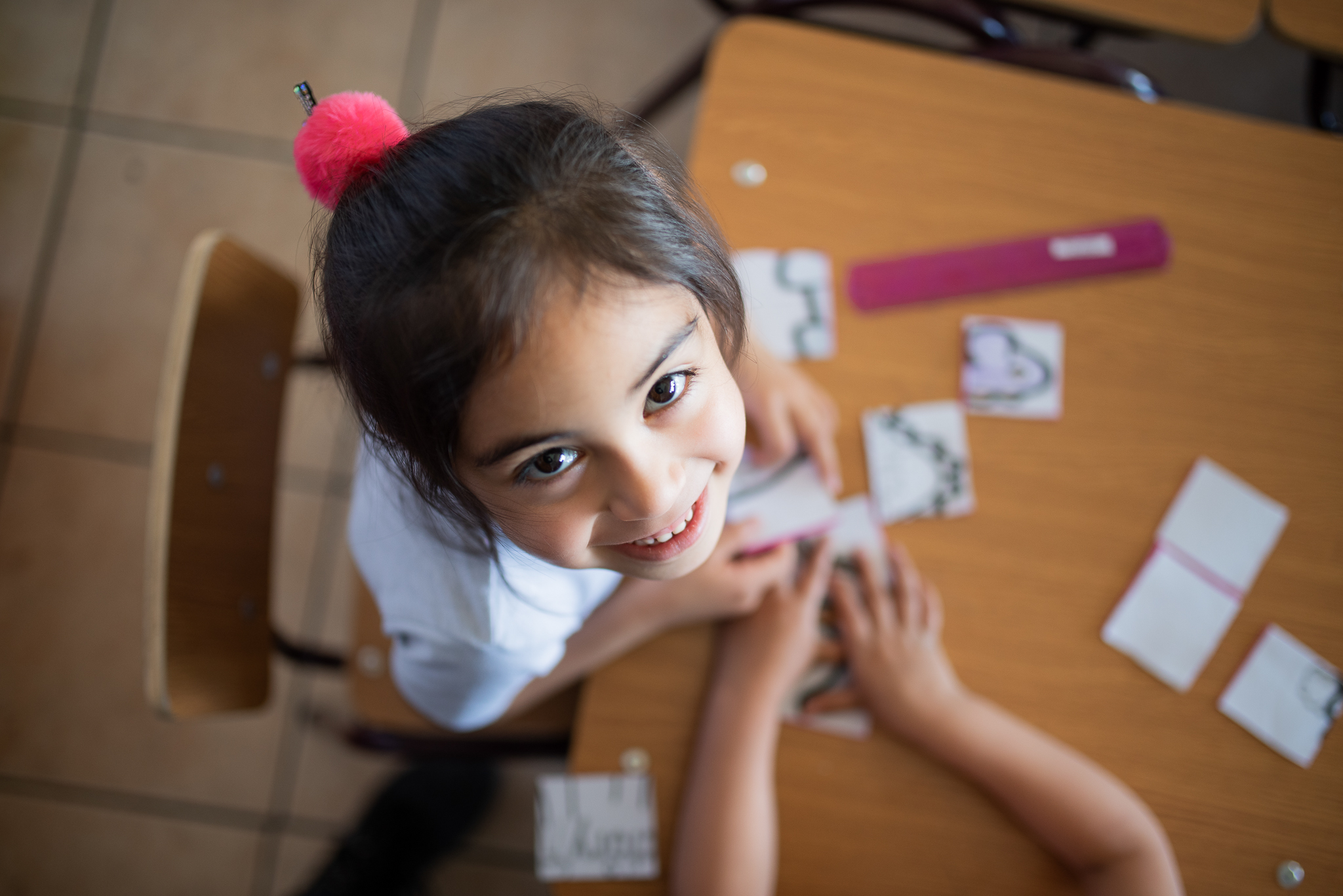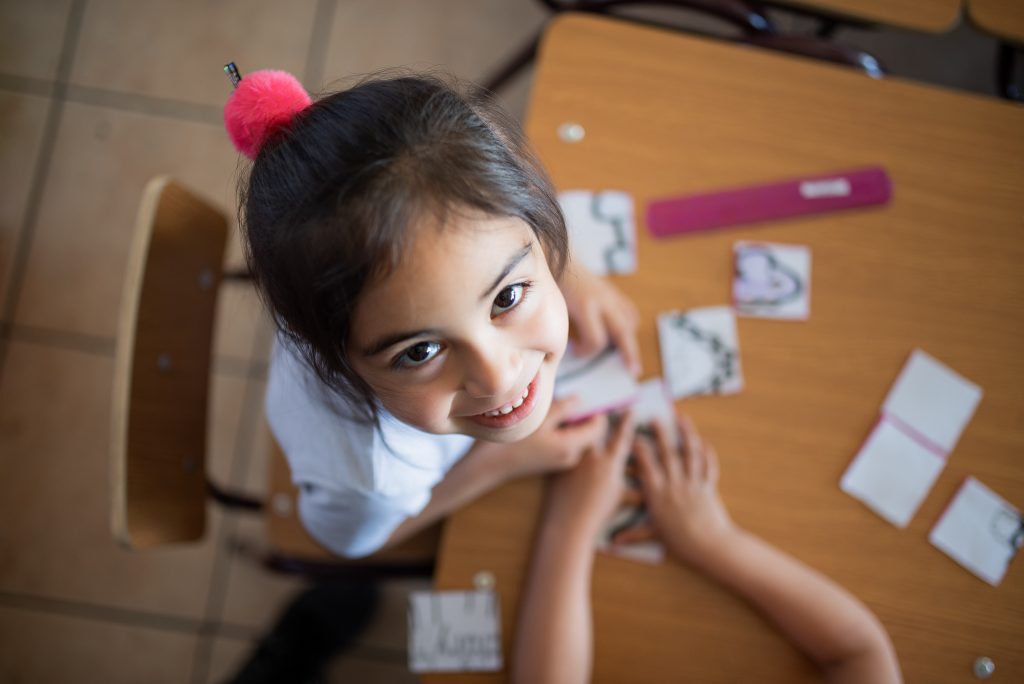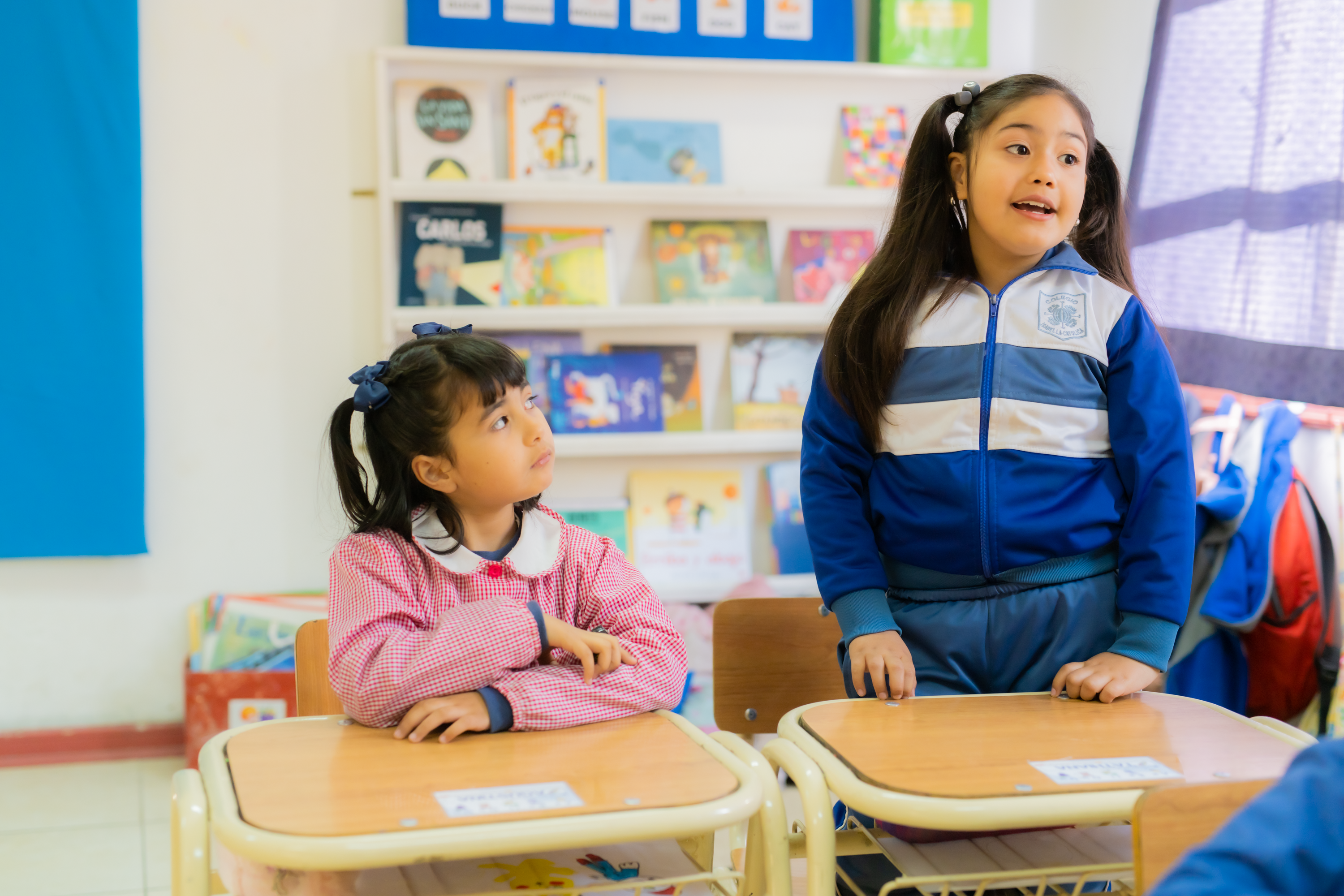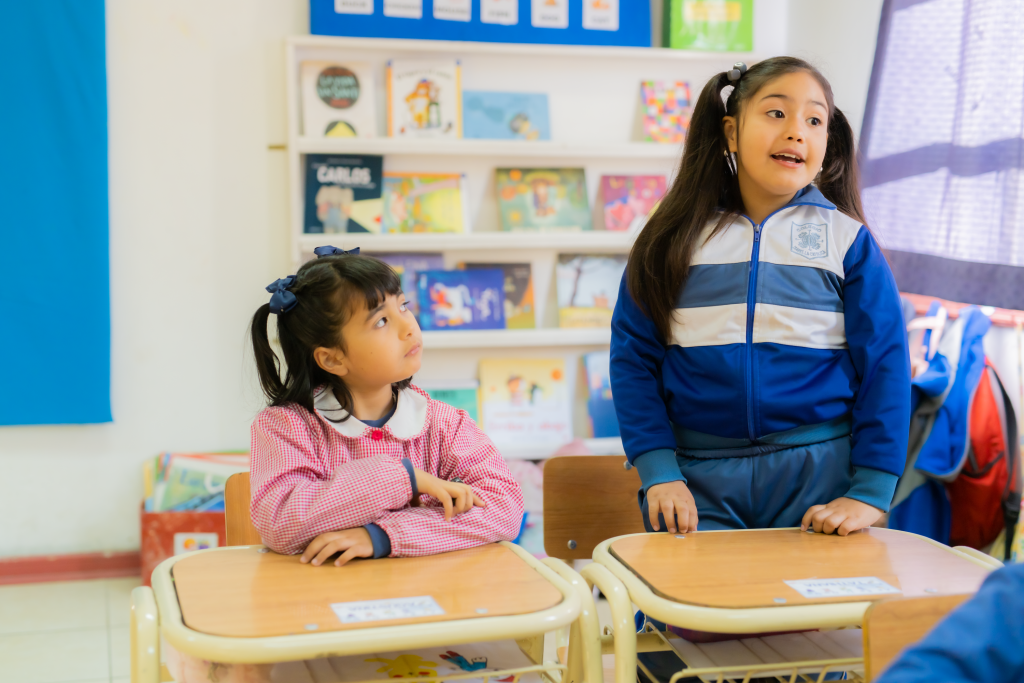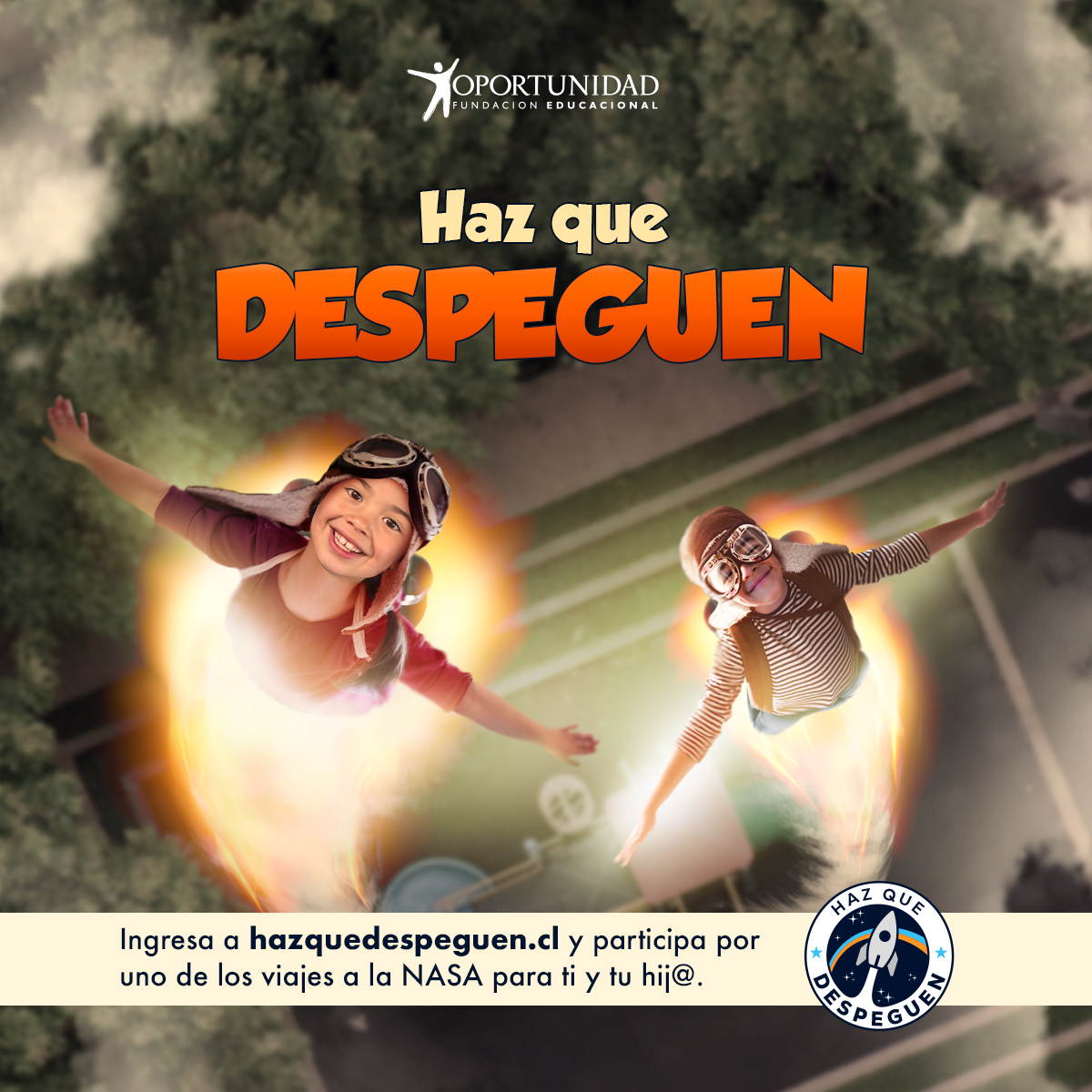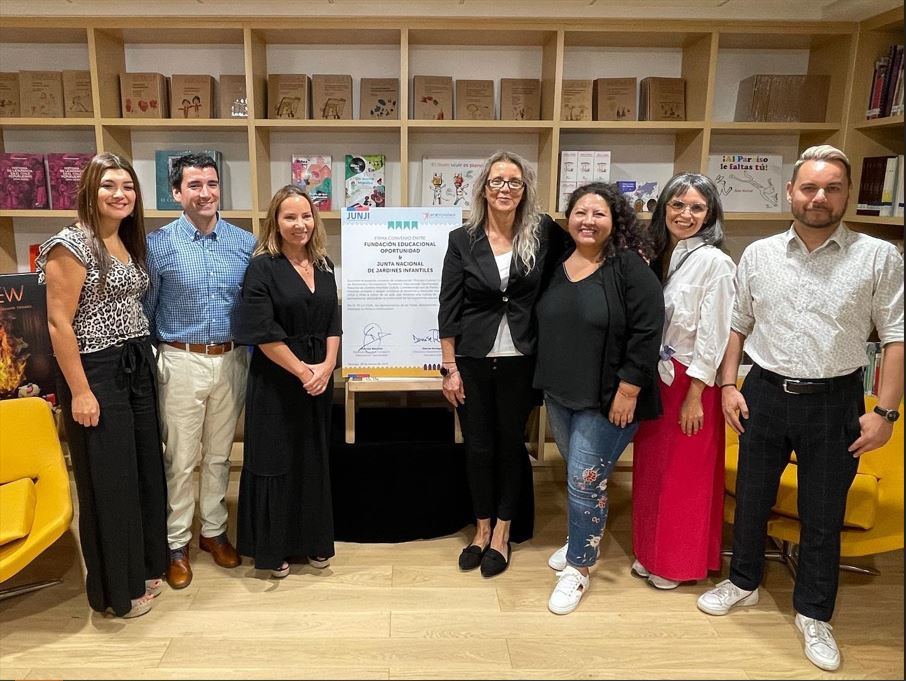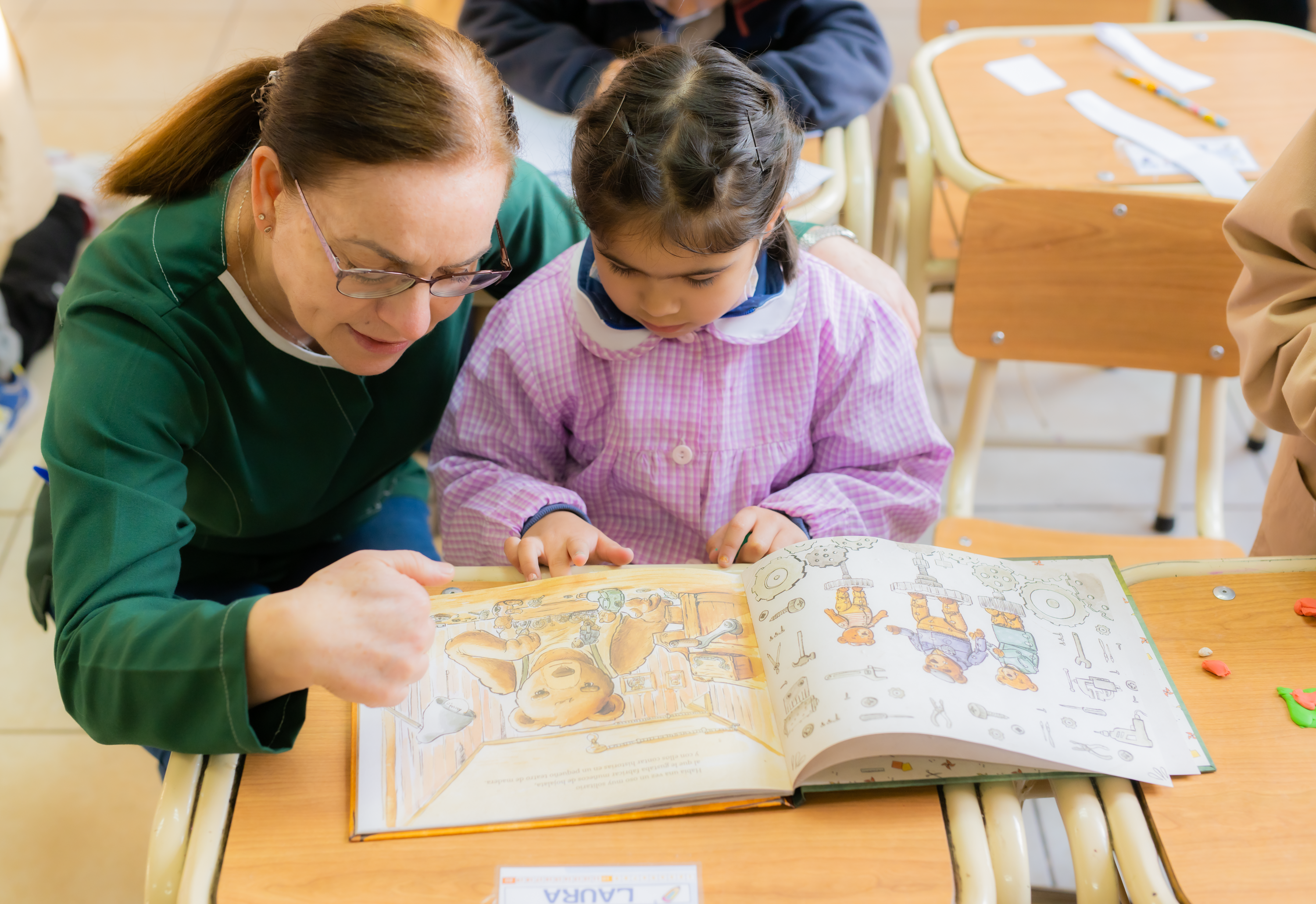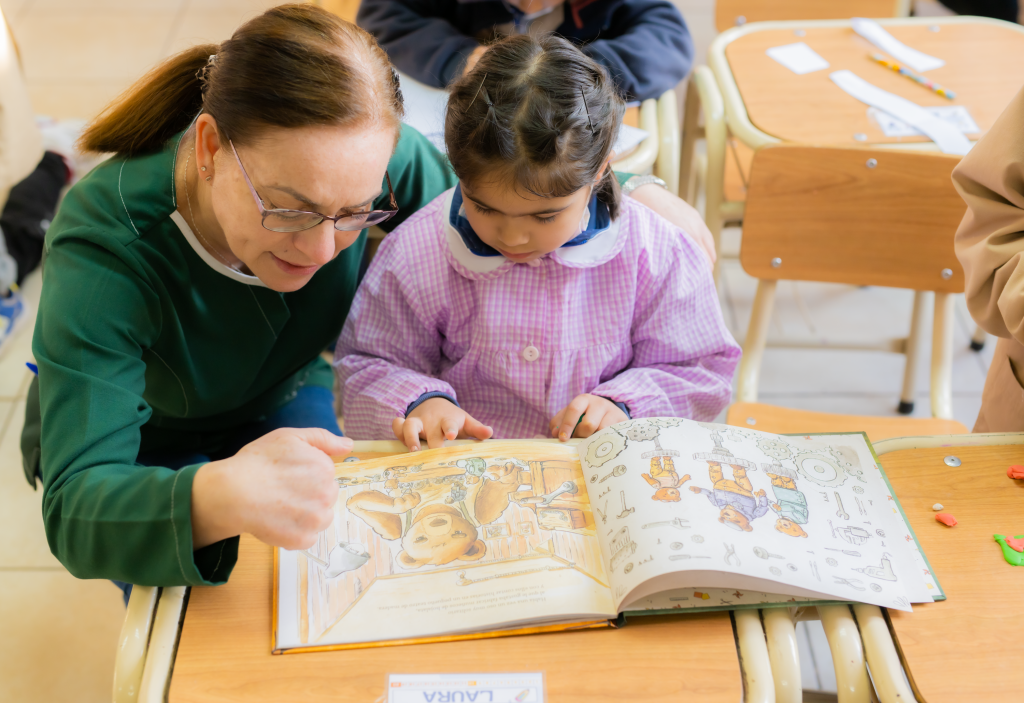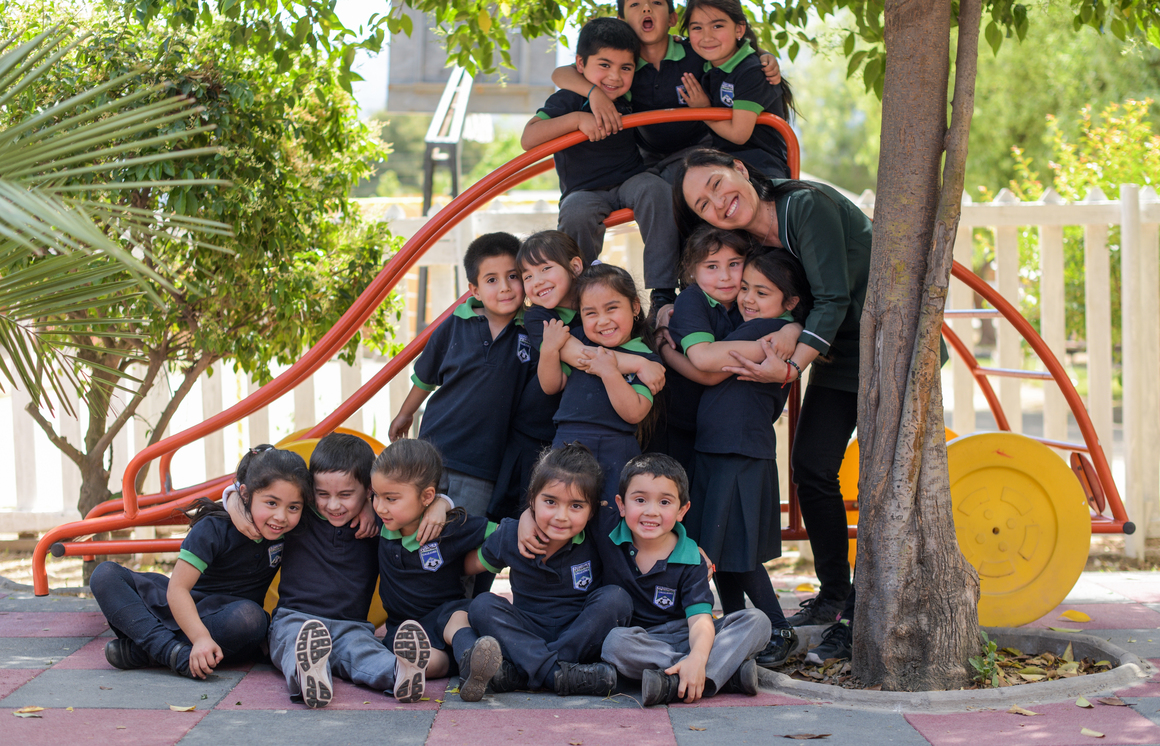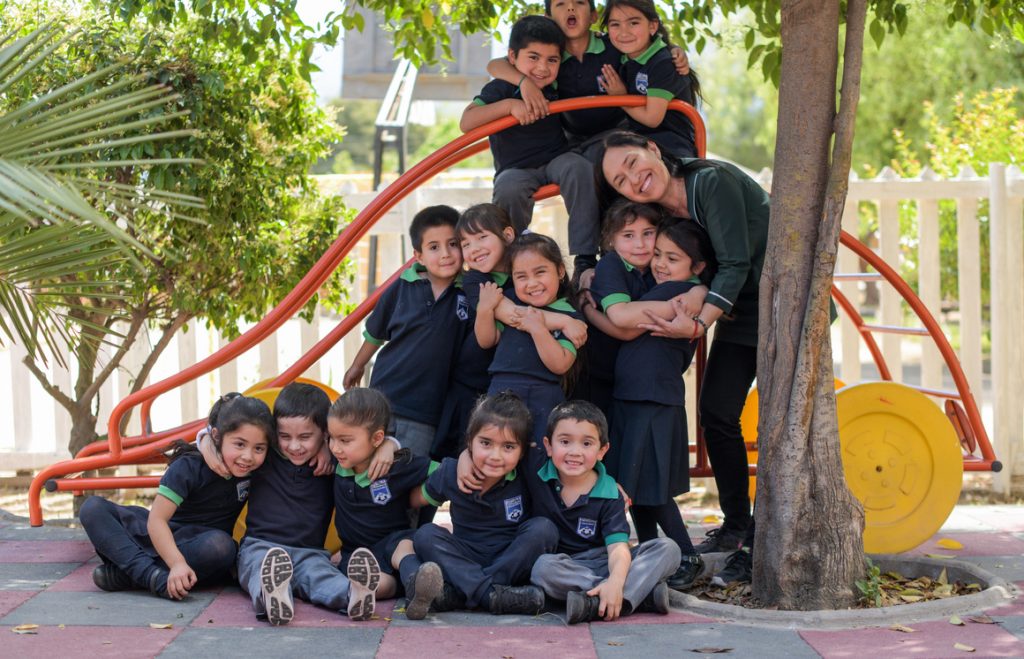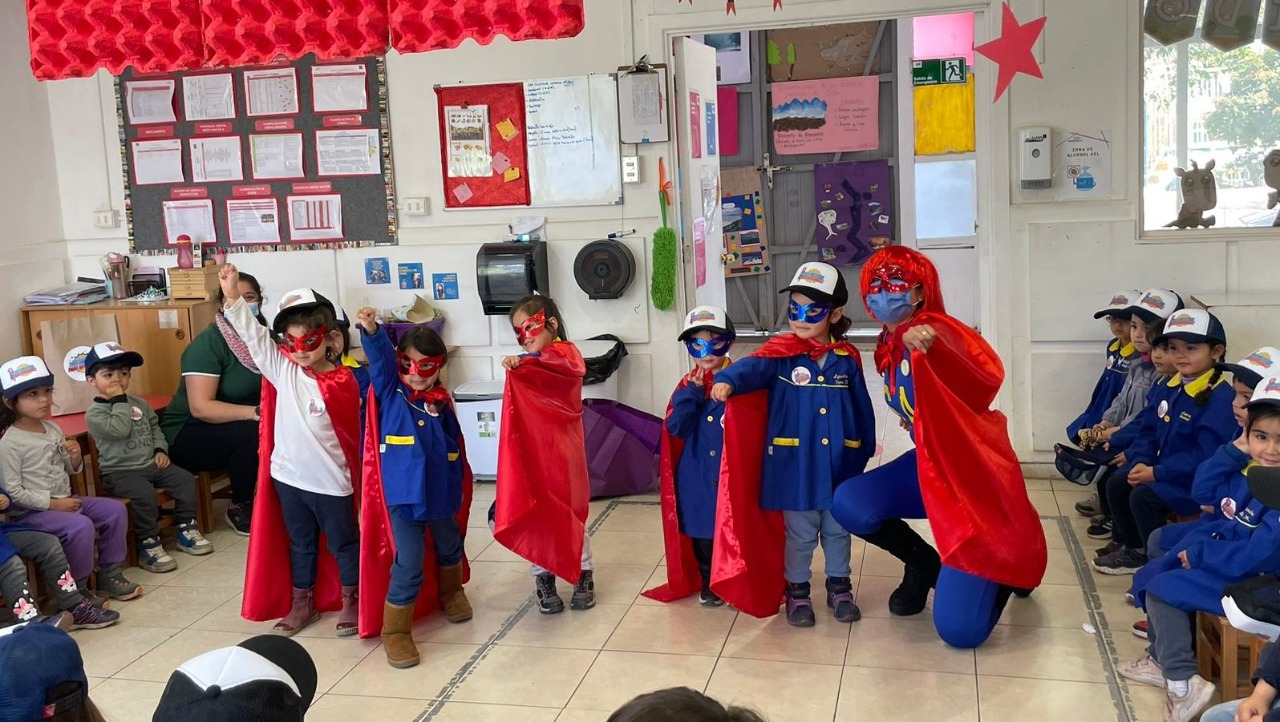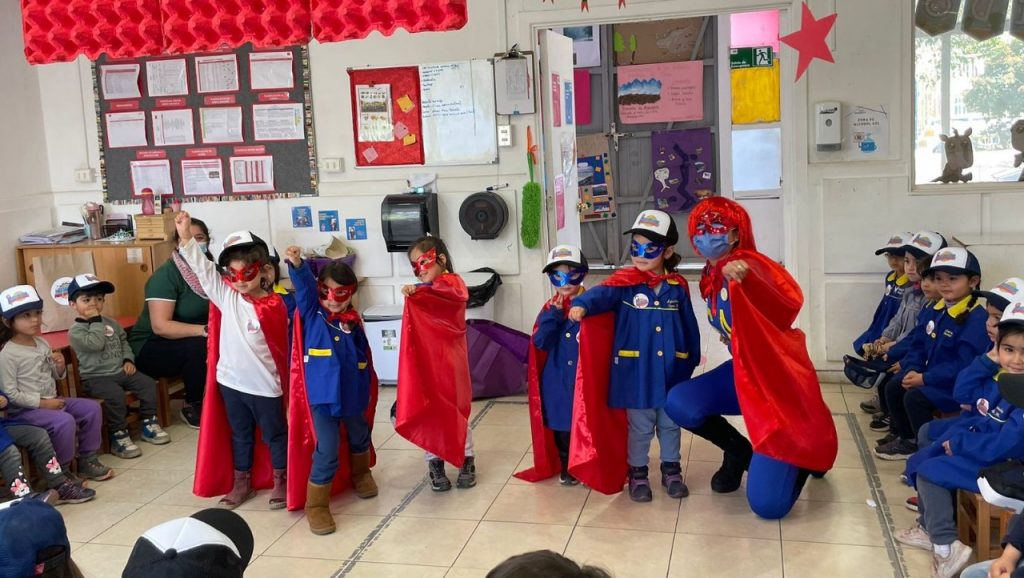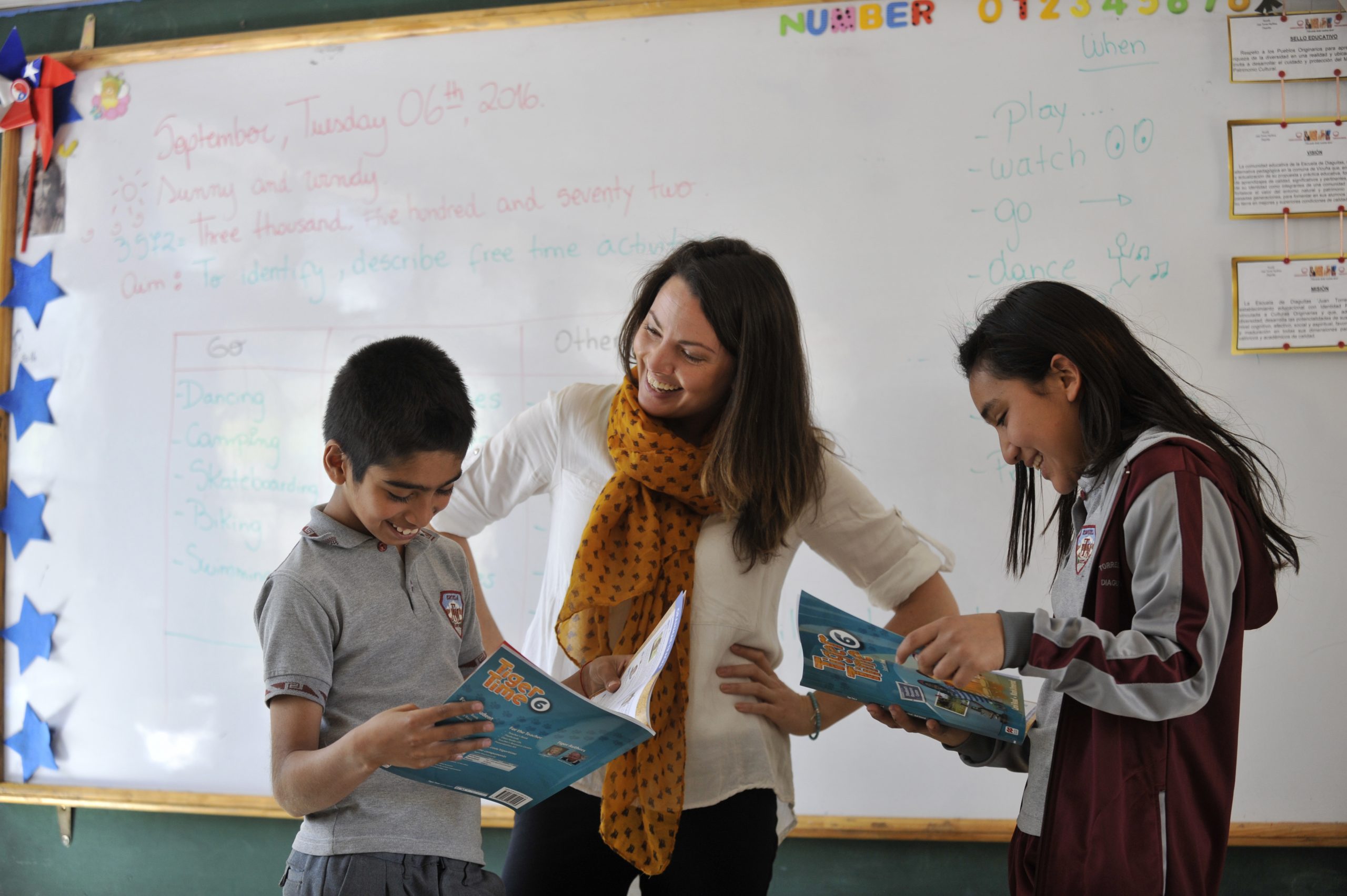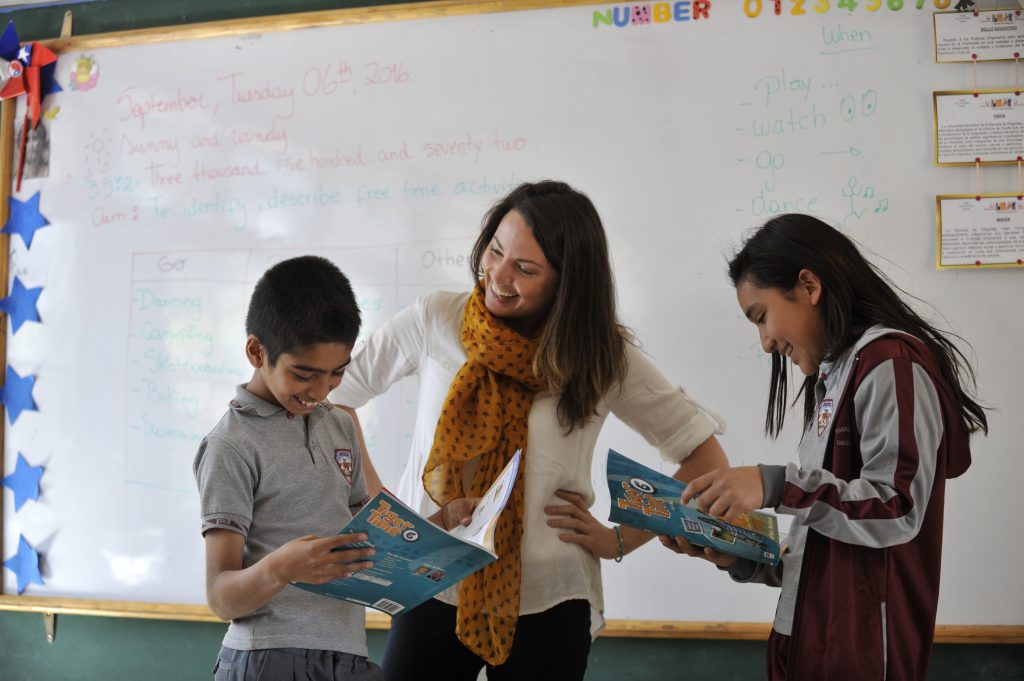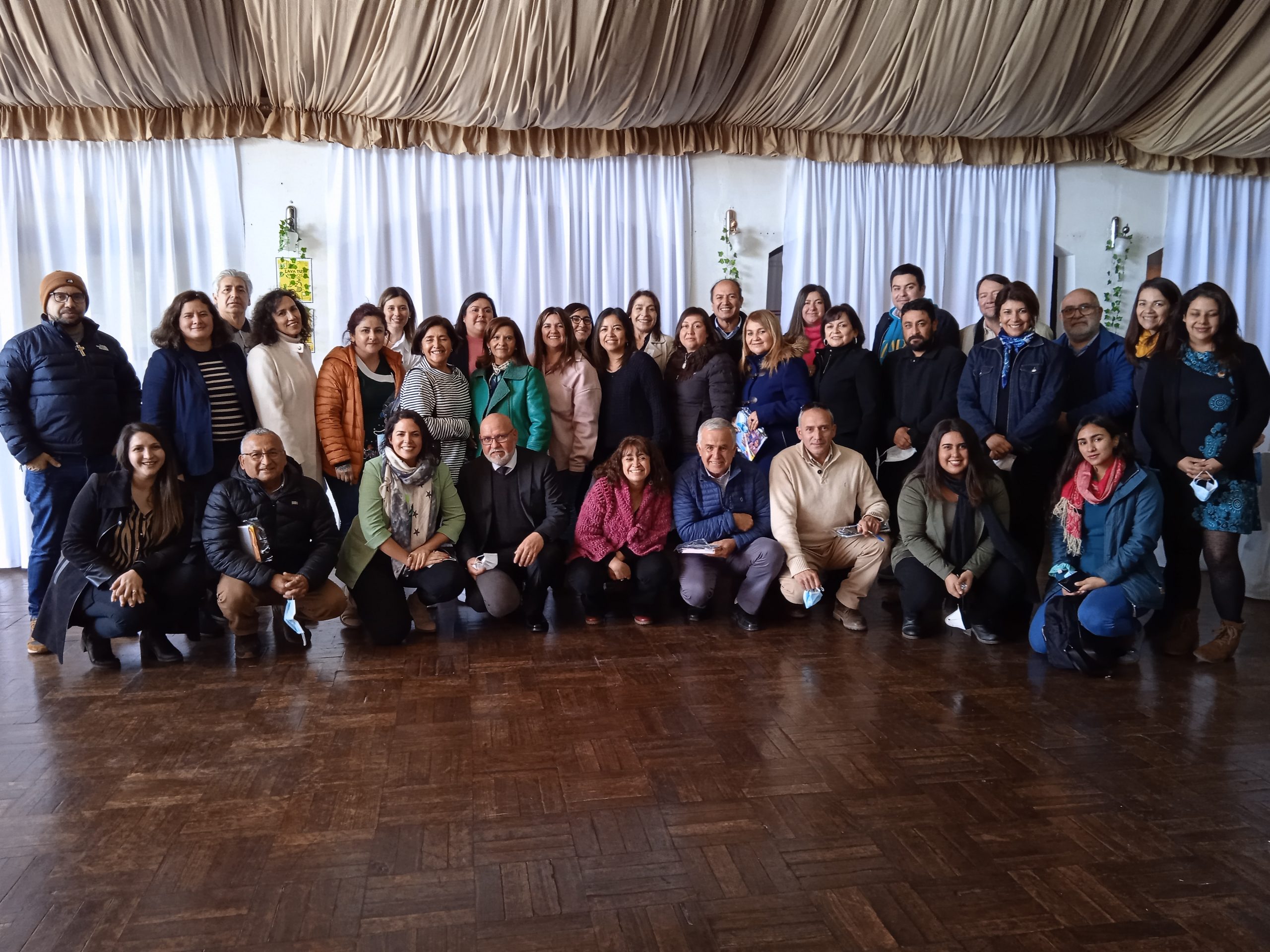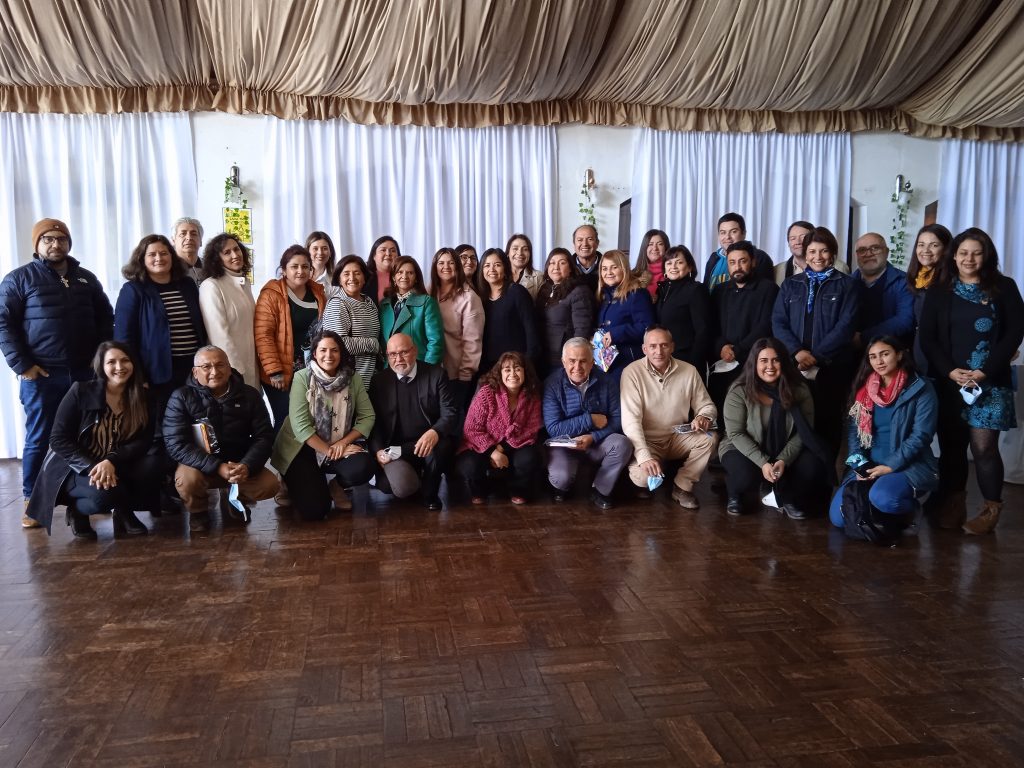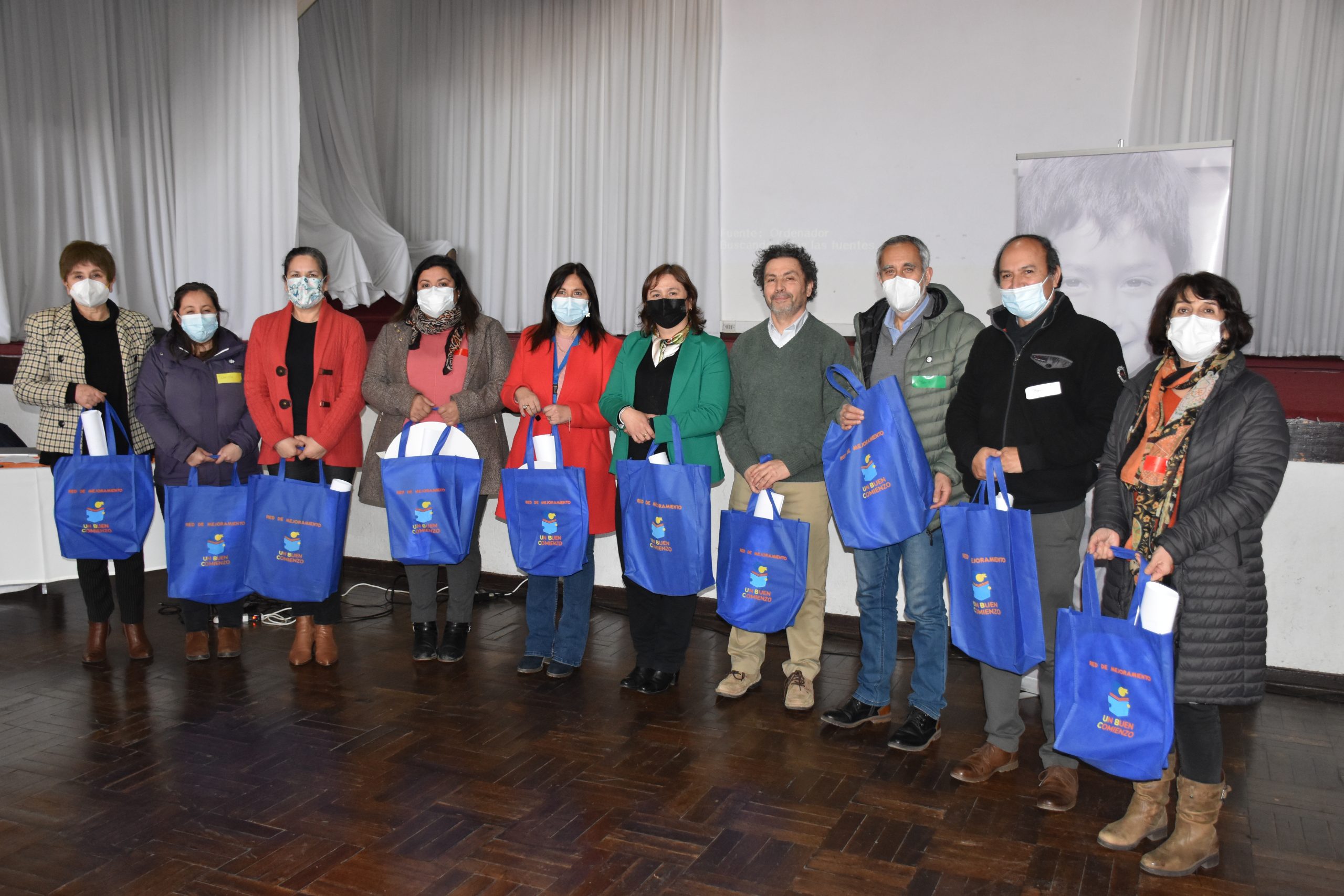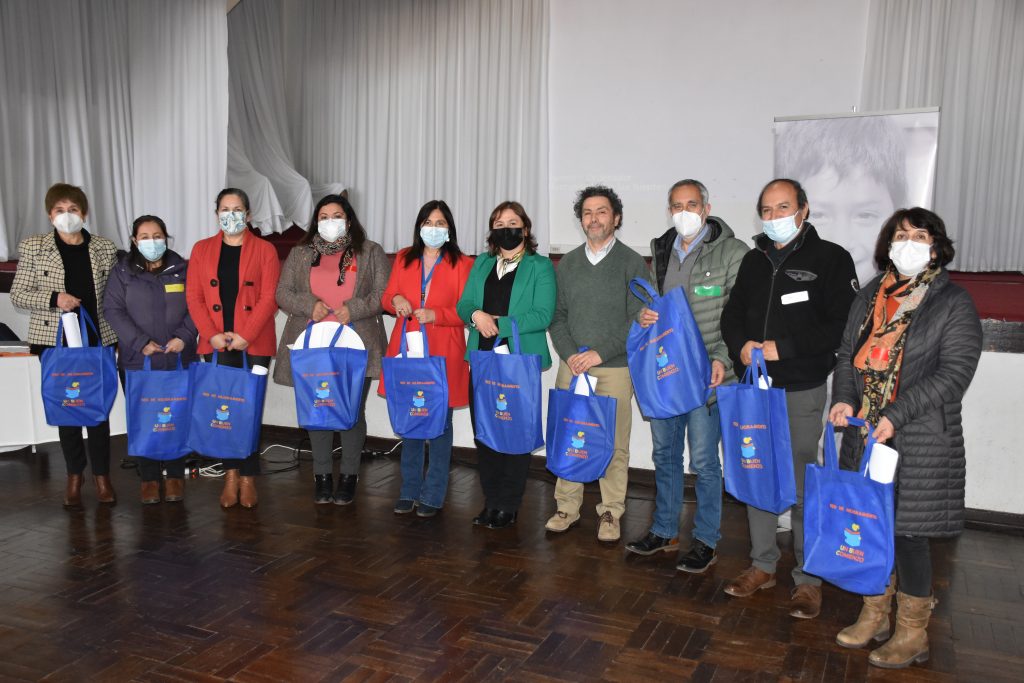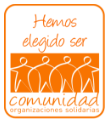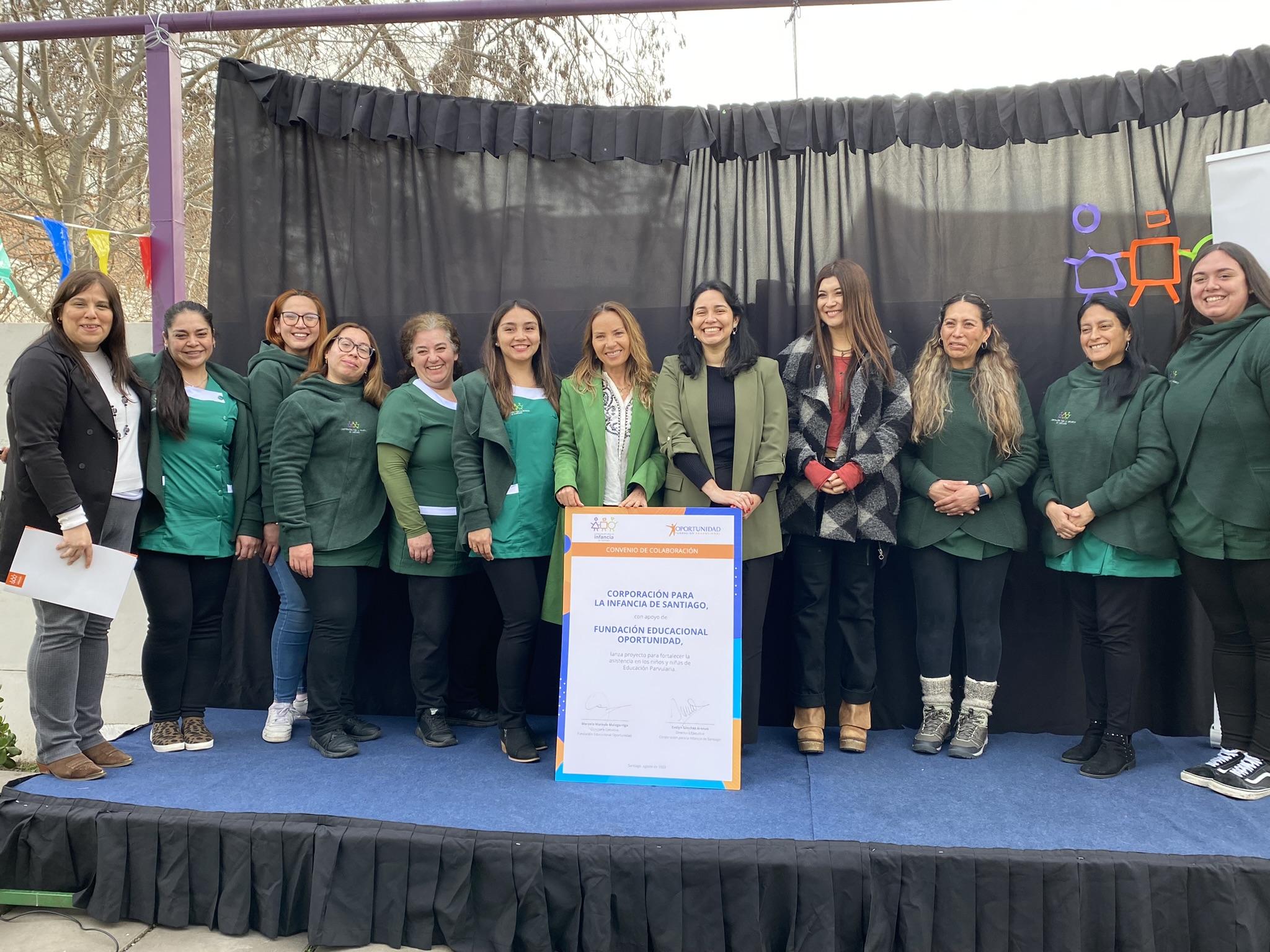
Pilot program seeks to improve attendance in 21 public nursery schools and kindergartens in Santiago
The work between the Corporación para la Infancia de Santiago and Fundación Educacional Oportunidad aims at transferring strategies and learning to increase attendance, through the installation of practices, accompaniment processes and collaboration between educational teams and directors.
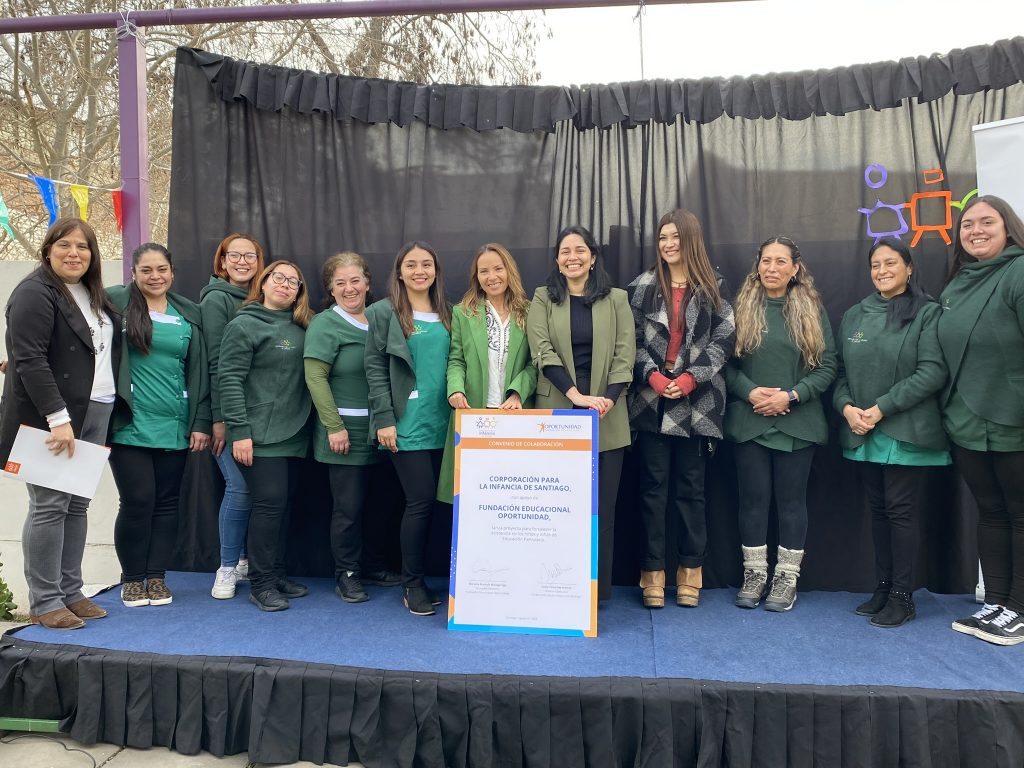
The Corporación para la Infancia de Santiago, an institution that has been administering free kindergartens and nursery schools in the same commune for nearly 50 years, averaged nearly 70% attendance during the first half of 2023.
Seeking to increase attendance at its 21 schools, the Corporation entered into a strategic alliance with Fundación Educacional Oportunidad, an institution that for more than 12 years has tested various strategies and now has an impact study on reducing chronic absenteeism thanks to the continuous improvement methodology, which provides it with a set of successful interventions. This will make it possible for them to jointly develop a pilot program.
This alliance will seek to improve the attendance levels of infants in the kindergartens and nursery schools that are part of the pilot program, through the installation of practices in the Corporation's professionals, educational teams and managers. To this end, accompaniment processes and instances of collective learning will be developed.
In addition, Fundación Educacional Oportunidad will make available its attendance platform that allows visualizing the data of each child in a cumulative way, that is, the percentage of attendance that each one presents from March to date, which allows for assertive and timely intervention for those who present recurrent absenteeism.
This platform generates several graphs that help to visualize attendance data and improve individual attendance, since it does not only focus on the average attendance, but also on the attendance percentage of each child.
Evelyn Sánchez Arenas, Executive Director of the Corporación para la Infancia, said that "the alliance that we are going to implement with Fundación Educacional Oportunidad in kindergartens and nursery schools in Santiago, aims to promote and improve daily attendance at our educational centers, by strengthening practices around attendance, the use of platforms, integrated data for measurement and the incorporation of training and generation of skills for our educational teams. We expect it to be a great partnership, which fills us with excitement to implement during this second semester and also with effect for the year 2024".
Yanira Alée, head of the attendance program at Fundación Educacional Oportunidad, said that "we are pleased with the collaboration that we have established, as it will allow us to detect new learning and challenges to increase attendance in kindergartens that are financed through the transfer of funds". She added that "we hope that the 21 educational centers will test our strategies, but also that they will be able to create and apply new interventions with the tools of the continuous improvement methodology and then measure their effectiveness in reducing absenteeism".

